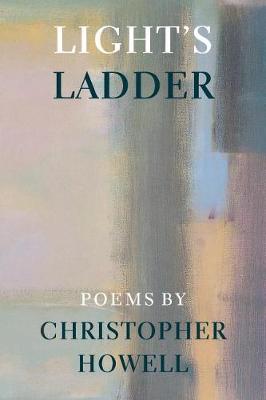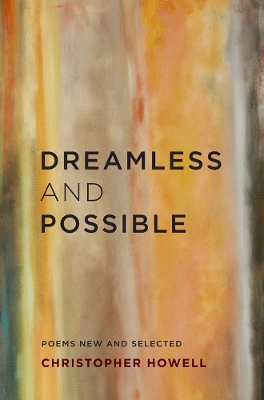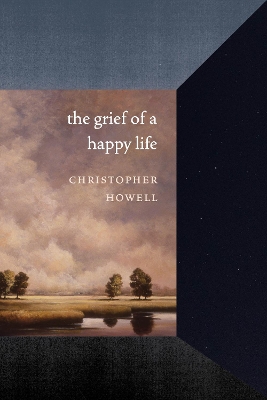Pacific Northwest Poetry
3 total works
In this extraordinary new collection by distinguished poet Christopher Howell, the opening poem presents us with a spiritual paradox that will echo throughout its pages. The speaker remembers an earlier time of happiness, freedom, and a certain innocence. The poem closes with:
And if he remembers now
he is in love, which is the soul’s condition, and alone
because that is how we live.
"How we live" is the book's major inquiry; its illustration, the poems' major achievement. How do we live, in our dailiness, in our loves, our private and global wars? And, in the face of unbearable grief, how can we live?
Keats
When Keats, at last beyond the curtain
of love’s distraction, lay dying in his room
on the Piazza di Spagna, the melody of the Bernini
Fountain “filling him like flowers,”
he held his breath like a coin, looked out
into the moonlight and thought he saw snow.
He did not suppose it was fever or the body’s
weakness turning the mind. He thought, “England!”
and there he was, secretly, for the rest
of his improvidently short life: up to his neck
in sleigh bells and the impossibly English cries
of street venders, perfect
and affectionate as his soul.
For days the snow and statuary sang him so far
beyond regret that if now you walk rancorless
and alone there, in the piazza, the white shadow
of his last words to Severn, “Don’t be frightened,”
may enter you.
This generous volume of new and selected poems by Christopher Howell encompasses three decades of his distinguished work, drawing upon all of his previous books. Dreamless and Possible chronicles his wide range of interests, expressed by blending elements of the surreal with biography, imagist economy with a storyteller’s informality. It also shows the development of his signature style, reflected, as poet Albert Goldbarth has written, in poems “connected by deep thought worn lightly, and by large vision writ in small details.”
These are poems of palpable force. Howell thinks out loud as he works his way through what charms, challenges, and defines the human project. He questions, tests images and associations, and leaps, trusting himself, into midair. In consequence, the cerebral energy propels his poems beyond statement and into startlingly evocative modes, grappling with and sifting profound matters of memory, imagination, and grief, tempered always by joy.
In Christopher Howell’s twelfth collection of poems, his gifts for elegy, humor, and lyricism are on full display. The Grief of a Happy Life explores the interplay between memory and imagination, celebrating the ways that happiness and grief inform one another and give our lives fullness and vitality.
Arranged in four sections, Howell’s poems feature not only these concerns, but a large and various cast of characters as well. Aeneas, Saint Theresa, Ovid, Kierkegaard, a German submarine, and so much more are woven together with Howell’s trademark precision and accessibility into exquisite tableaux, each providing a view of both what we must live with and what we must not live without.


